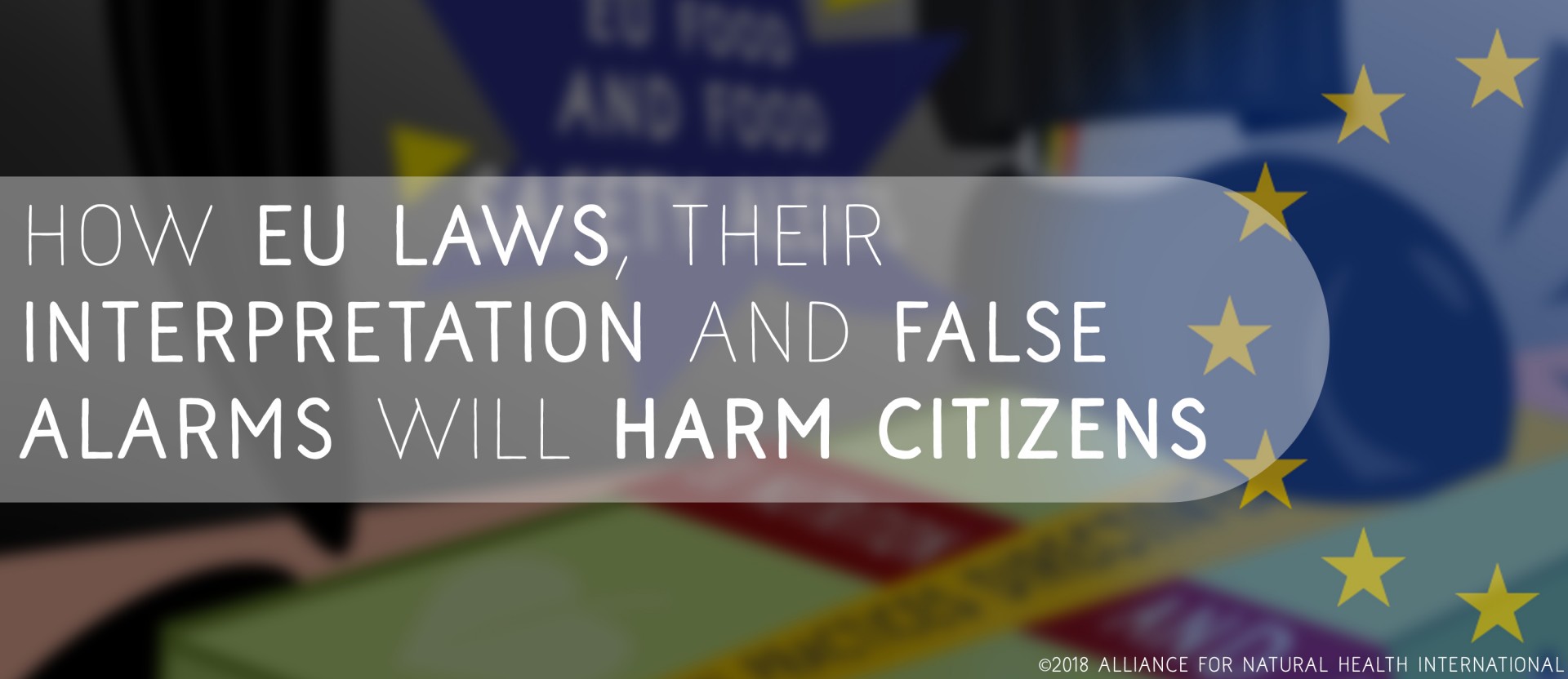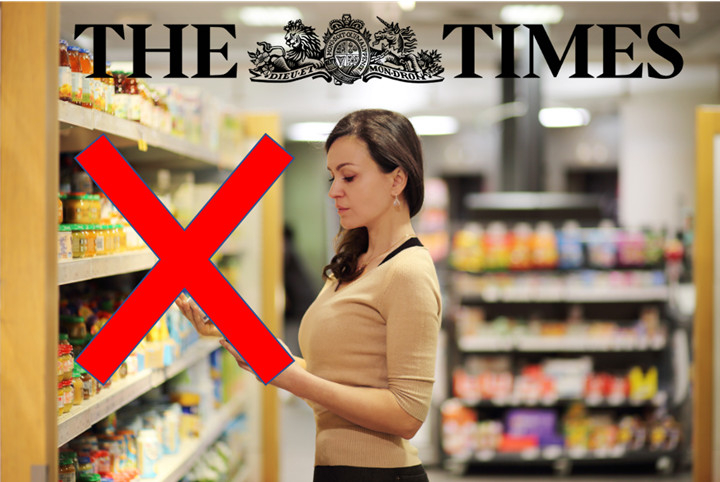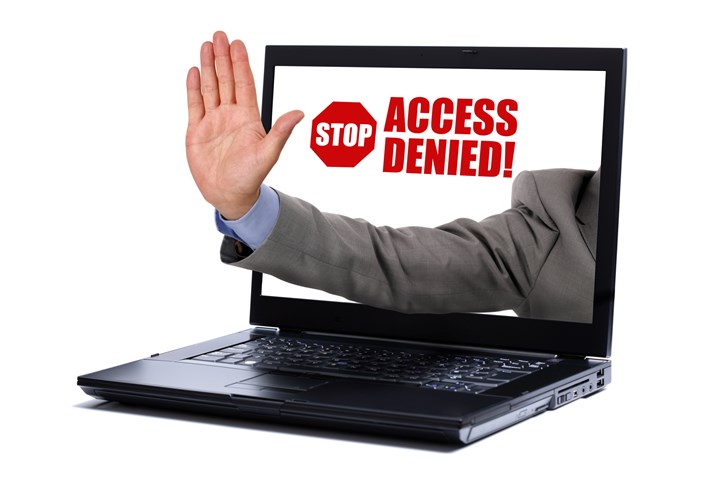Content Sections
Everyone’s worried about our increasing incapacities as we age. Yes, we might be living longer than our parents and grandparents lived, but more and more of us are getting chronically diseased at an ever younger age. And the two disease areas over which we’re really losing the battle are ‘diabesity’ (obesity + type 2 diabetes) and dementia/Alzheimer’s disease.
Both these diseases are tied very closely to changes in our behaviour in recent decades – changes linked to our current lifestyle norms. What’s more, Alzheimer’s and dementia is not a new disease needing a new pill. It’s very closely related to type 2 (and even type 1) diabetes – sharing many of the same underlying causes – hence it sometimes being referred to as type 3 diabetes.
If the cause is the wrong diet and lifestyle, the solution is a change in that diet and lifestyle – not some new drug that’s not quite out of Big Pharma’s rather empty pipeline. For this we need very clear channels of communication to the consumer – and it’s high time we realise that dry policy documents and warped ‘healthy eating’ guidelines intended to keep Big Food on its current business trajectory are just not going to cut it.
In our current age of the corporatocracy, we need companies that produce healthy and therapeutic foods to be able to communicate to their prospective customer base. In the EU, we have a problem. There’s a raft of EU sanctioned laws and communications that drive a coach and horses through this possibility. Big Food and Big Pharma barely get touched – but the people hit hardest are the smaller, innovative companies selling the most therapeutically active and beneficial foods and supplements – and their customers, the very people who are least likely to eat ultra-processed foods or rely on prescription drugs.

The 5-step EU natural health crack-down
Step 1: Make anything therapeutic a drug. Any product that has any potential to ‘correct, modify or restore physiological functions in the body' a drug – unless they are “clearly” foods. We can thank the EU medicinal code for that.
Step 2: Banish over 2000 health claims about the health benefits of specific foods or their ingredients from use in any commercial communication. We can thank the EU Nutrition and Health Claims Regulation for that. Find out more from our EU Natural Health Absurdities piece from 2016.
Step 3: Silence doctors educating their patients about health foods and food supplements. While more medical doctors become better educated about ingredients and supplements that are good for us, companies have been communicating scientific information about their health products to this ‘professional sector’ in recognition that such B2B communications were outside the remit of the Nutrition and Health Claims Regulation. But this B2B communication portal has now been shut down by a 2016 ruling in the European Court of Justice brought by the ambulance-chasing lawyers in anti-natural health outfit, Verband Sozialer Wettbewerb (Germany’s Association of Social Competition) against Innova Vital GmbH. This ruling is at odds with a wad of other EU laws, such as those affecting tobacco or infant formulae, that specifically allow B2B communications with health professionals but not to end consumers.
Imagine how this ban works in practice: A company has spent tens of thousands or more on trialling a probiotic and found it works well for a particular sub-group (that, by the way, must not be diseased, as that’s the sole domain of drugs). They then want to educate doctors about their trials and their results, given that health professionals are in the strongest position to identify the right group of patients. If the company now does that, they’ve broken the law and face criminal prosecution, given not a single health claim for a probiotic has been approved on the EU Register of health claims. That also makes even the term ‘probiotic’ illegal in some EU member states that like to take EU laws literally and savage companies and consumers alike in the process. It’s of course not the products that don’t work, it’s the flawed system for evaluating claims that’s at issue.
Step 4. Use the Unfair Commercial Practices Directive (2005/29/EC) to shut down specific sectors of the health food market, such as those relying on network or multi-level marketing. The practice that is fully legitimate in most parts of the world, is on the ‘black list’ of Annex 1 of the Directive, to which case law established in the 4finance judgment (Case C-515/12) is now being especially applied by national authorities to companies selling food supplements in the EU.
Step 5: Blast false information about food safety across the EU airwaves and get national authorities to pull products off the market. The EU Rapid Alerts system does a good job warning consumers and regulators about unsafe products. But it’s open to abuse. A search of the RASFF Portal reveals 93 alerts linked to high dose vitamin usage, most being way below any levels that could cause genuine harm and being in the domain of therapeutic natural medicine. These levels are simply above the ridiculously low ‘tolerable upper levels’ set by the European Food Safety Authority or other risk assessment authorities such as Germany’s BfR. Recent alerts are for 69 mg vitamin B6 from a Swedish product in Finland, 10 mg of zinc in a US product sold in France, and a 125 mcg (5000 IU) vitamin D3 product from the US selling in Ireland.
In the EU, these laws need to be changed if, as a society, we’re to get out of the chronic disease spiral.
And what this means for Brexit?
In the UK, there’s an option to escape these bad EU laws and do something better. This comes at a time when EU President Tusk and the EU’s chief Brexit negotiator Michel Barnier have said they’re not up for any ‘cherry picking’ or single market à la carte over trade agreements.
That’s not to say the UK people can’t decide on their own laws….
But irrespective of what our governments decide to do, we can all still make choices in our lives that our governments class as dangerous or illegal. But we know better, because our current health and vitality is often built on doing what governments and some big corporations don’t want us to do.
Health warning: Avoid the bean counters at all costs
The fact remains that many thousands of people are managing their own health largely by natural means. That includes all of us here at ANH. What’s interesting is that we’re not statistics on some bean-counter’s spreadsheet - because we’ve committed the cardinal ‘sin’ of staying well. Our dietary patterns are not recorded, because we don’t use store cards and rarely shop in supermarkets. Yet we place less of a burden on our society than most other members. The trouble is, not everyone knows this and limitations on our communication, as well as that of health professionals who’ve ‘seen the light’, is a big hindrance in getting what we know out to others.








Comments
your voice counts
28 February 2018 at 11:31 pm
great to read your posts. i wish I could not shop in supermarkets but i don't live on a farm or have enough room to grow food or keep chickens, etc. I do a little but not enough to keep me out of the supermarket.
01 March 2018 at 1:08 pm
Hi there, you're certainly not alone with that challenge. It's something that faces so many of us, but we can still do a lot with the food choices we make e.g. staying in the 'living' parts of the supermarket with the fresh food, trying to buy local and in season, supporting local greengrocers, butchers and small independent shops etc. You can also find out if you have a farmer's market nearby or any travelling markets that come to town occasionally.
Thanks for your support and for taking the time to write in. It's so great to know that our work is helpful.
Best wishes
Meleni
28 February 2018 at 11:45 pm
Yeah yeah... we all get that fact that the EU is the big baddie and we will be better under our own governance (really? pull the other one it's got bells on).
But what is to be done?
A simple UK vote in it's own (corrupted) political system won't work. Why? Money. As long as business can lobby, cajole, bribe, blackmail and buy their desired outcomes then things can only worsen.
So what do we do? Boycott brands & retailers? How about Revolution? Can we peasants be truly revolting? Why not...? Why....? Do the masses care? Should we care if the masses don't care? Should we care if it's all going bad? Head down get on with what you do it'll be over soon enough (ok that's a tad fatalist).
Should we really believe that when the UK finally cuts the EU apron strings we'll be better off. I'm not talking monetarily, I'm talking about freedom from over bureaucratic BS, something which the UK is a bit of a specialist at if we are honest - in fact that's the only way governments can survive - bureaucracy (or control to some of us). Revolution? What again! Oh no we don't want that it'll leave a real mess and and interrupt the news/soap/sport/shopping/ 'insert other pointless waste of time here'.
I don't think so. Having been failed repeatedly by our political system I have no faith (can I use that word these days?).
I for one have slowly come round to how bad the EU is. But the alternative really doesn't inspire confidence. The Conservatives like to protect the rich, Labour say they like to protect the disadvantaged, the LibDems - who knows??? All of them lie - that's politics. And whilst politics is the boss..... oh dear I'm back to being Revolting again.
And all the while the distraction of politics allows the new Messiah aka Science and it's new pseudo-religion of Scientism with the clergy of Scientists and it's disciples (aka the skeptics) along with their rich benefactors (BigAg/Food/Pharma/Banking) to get a stronger foothold. It's a perpetual cycle politics>pseudo-religion>money>politics>religion and on and on and on..... but as a friend recently said - we (collectively) allow it to happen, it's meant to be. Yes, some us don't want it and never will, but as is the case with any democracy, the majority wins - right or wrong they win. It's an unfair fight because the 'majority' have been bought/drugged/poisoned/brainwashed in to compliance by the perpetual cycle, they no longer care... do they?
Yes those of us on the 'dark side' can shout, educate, care, love to those in the majority and what a great job we do, but it's not enough. Or is it? With the increasing awareness via the dreaded TV some Doctor's are speaking out, they have the media eating from their hands, I just hope it's enough.
I deal with Complimentary therapists daily, I have even dabbled myself a few years ago and got scared by the hoops that we have jump through ( I plan to return to the 'dark side' this year). I know people that have had 'visits' from the MHRA & Trading Standards because the used the wrong word - freedom of speech or freedom of expression anyone? What in a democratic free society? Don't be silly!
I digress, they all do a great job and we need more, we need to saturate the health fields with Complimentary therapists (good ones) we need to confront the ugly powers of BigPharma etal along with corrupted science and governments. We need to challenge CONventional medicine and hopefully we'll get a chance post EU (pre-revolution... oh stop it!)
In fact all my sarcasm about revolution isn't that far from reality - the Brexit vote was a sort of soft modern British revolution if we think about it.
Now we have to take the revolution to BigCorps.
Can we do it I wonder?
I don't have the answers, just my own ramblings and thoughts.
I do care and have hope.
01 March 2018 at 1:24 pm
I enjoyed reading your ramblings greatly, Paul. They are actually very similar to the ones that go on in my head, but fail to make it through the keyboard in my efforts to 'keep a grip' and ensure that our messages are heard not only by those with whom we already agree, but also by those who are sitting on the fence or are still entrenched on the other (dark?) side. The one thing I think Brits need to really get their heads around is that if they see Brexit as a way out of crazy, over-bearing, restricting laws that impact our fundamental rights and freedoms, Brexit is far from certain to be their saviour. The reality is that British bureaucrats - especially those in the MHRA (and the EMA from its soon-to-be-abandoned London base) have been the key architects of EU medicines law that creates the central problem for natural health. Grassroots activism is our best chance - so I'll be with you - shoulder to shoulder - in that revolution. Let's do it, when the time is right! Best, Rob
02 March 2018 at 11:51 am
In theory, UK laws can be made through a process of open consultation, oversight and revision. The EU parliament can only make 'suggestions' to legal drafts prepared in secret - likewise the so-called 'Trade Deals'. Armies of lawyers operate a technocracy of systems control from the shadows that hide behind multiple international fronting organisations.
I do not consent to a technocratic model of systemic control (tyranny in the mask of scientific principles) but to the restoring of the true nature of sovereignty of will - which is not served by nationalism as such - but does have value as an idea of ruling by consent but not enforced consensus. Boundaries of privacy and respect can be an extension of worth that acknowledges a current relationship. But these boundaries are an ongoing relationship and communication and not walls and fences of exclusion or confinement. Our thinking has become so 'physicalized' that we are boxed in by the fences of our own egoity, and analytically weighted and ticked as data inputs of a merely 'physical' representation of energy systems.
The issues in the idea of sovereignty are critical to mental health and as a result all decision making that proceeds for it is the idea of freedom in act that has become adulterated and corrupted as is it is freedom to evade responsibility for consequence of thought, word and deed. False freedom substitutes for Sanity and insane outcomes arise from mutually agreed currencies of thinking. In corporate terms, power brokers wielding teams of lawyers look to interpret and redefine the law as the right of the thus empowered, to offset negative consequences of their own acts onto others and the living nature - neither of which is extended relationship excepting as PR by which to manipulate the mind-capture as narrative control.
If health freedom is the right and ability to discern and accept our own will in regard to the threats and dilemmas associated with sickness or health, then it is not subjection and compliance to the imposed will of others.
The core value or truth of humanity is our extension of self to each other. The core corruption of humanity is the dumping or ridding of denied and hated self on the other.
The mind that rules out - projects the idea of power over and the idea of power struggle. Global technocracy also includes the idea of ridding humanity of the evils of unworthiness (as defined by the consolidation of power brokers), so as to remake in their own image.
Just as symptoms are messengers of a deeper need and not evil causes unto themselves, so are the evils of our broken relations and distorted communications - albeit enshrined in human fears, beliefs and laws.
Revolution is always a fragmentation in which the energy of the denial is sucked on to set up a new set of clothes for the same old 'emperor'. But the revealing of the true remains the basis to align in it and live from it as a witness and an embodiment.
In war, truth is the first casualty - by means of being used for the purpose of conflict. But while truths can be taken out of context and woven with lies, they are no longer true embodiment but falsely framed. The framing needs to be illuminated and not the picture that it suggests or insinuates as bait by which to be deceived.
'Coming out' from the closet of caution can be induced in anger to expose and unseat and opponent. But the recognition of such a trick grows freedom from its effect - such as to allow a consciously determined extension of worth - even to those engaged in behaviours that are unworthy of them. Not to shame and manipulate in guilt - but to call to a deeper shared integrity of being that is worth everything, because without it we are driven by shadows that cost us the appreciation of everything - and keep us there.
Re-integration to wholeness of being is healing that finds its true alignment and balance one step at a time - together in life. But the imposition and assertions of control as enforced 'balance' is the generator of the very chaos it sees itself as authorised to deny. Who gives authority? From whence do we receive author-ity?
The nature of deep distress and conflict is to uncover resources we did not know we have and are as a result of being undone of our illusions. To align for life is not to join in hate - no matter how 'righteous' the framing of the cause. And so we feel the hateful and must find relationship or sanity instead of projecting it away. This is the crucible of transformation. Not merely to align in good intentions. And I sense this is a wave that many are moving with and growing by even though this is not necessarily articulated or given form institutionally.
'Coming out' as a lover (acceptance and acknowledgment) of truth is the release of identifying in a who we are not - and thus of the strain and conflict of living a substitute life. But this movement is not manipulated reaction to applied pressures, for life extends (knows itself) through it.
The conversation I extend or invite cannot be joined with from the 'mind' of symptom suppression and eradication. That way multiplies long term pain for short term gain. Now the fleeting moment of fragmented dissociation has replaced the eternal nature of the recognition of being - but only as we so choose, and accept by acting as if true.
Your voice counts
We welcome your comments and are very interested in your point of view, but we ask that you keep them relevant to the article, that they be civil and without commercial links. All comments are moderated prior to being published. We reserve the right to edit or not publish comments that we consider abusive or offensive.
There is extra content here from a third party provider. You will be unable to see this content unless you agree to allow Content Cookies. Cookie Preferences